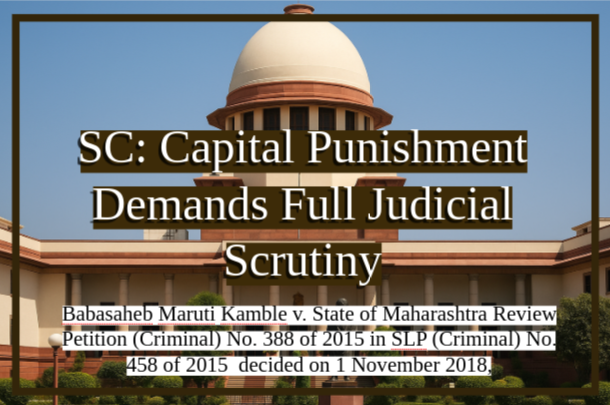Parole Denied: The Menendez Brothers , Limits of Second Chances
- M.R Mishra

- Aug 22, 2025
- 1 min read
The California Parole Board’s refusal to release Erik Menendez nearly 40 years after he and his brother Lyle were convicted of murdering their parents in Beverly Hills underscores how punishment and rehabilitation intersect with public safety and legal accountability.
Read Earlier Blog: https://www.mrmlxp.in/post/family-urges-release-of-menendez-brothers-as-new-evidence-of-abuse-emerges
Despite recent resentencing making them eligible for parole, the Board cited Erik’s persistent misconduct in prison from rule violations and gang ties to cellphone smuggling as the decisive reason to delay his release.
It was not the horrors of the crime itself, but continued patterns of behavior behind bars that sealed his fate, reminding us that eligibility does not equate to suitability.
The hearing, Erik's first since a 2024 sentence reduction, sparked renewed attention not due to procedural novelty, but because of its moral complexity: how do we weigh remorse, growth, and advocacy against decades of infractions?
Erik described his upbringing as void of moral foundation, offering insight into the roots of his decisions both in childhood and during incarceration. His defense emphasized transformation sobriety, faith, and mentorship of fellow inmates while some family members offered emotional testimony of forgiveness.
Yet the Board, led by Commissioner Robert Barton, was unpersuaded.
"Two things can be true," he said: love is not incompatible with unsuitability for parole. Importantly, this marks only one step in their legal journey; Erik may reapply in three years, while Lyle's hearing is already scheduled at the same facility.







Comments